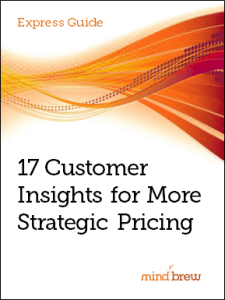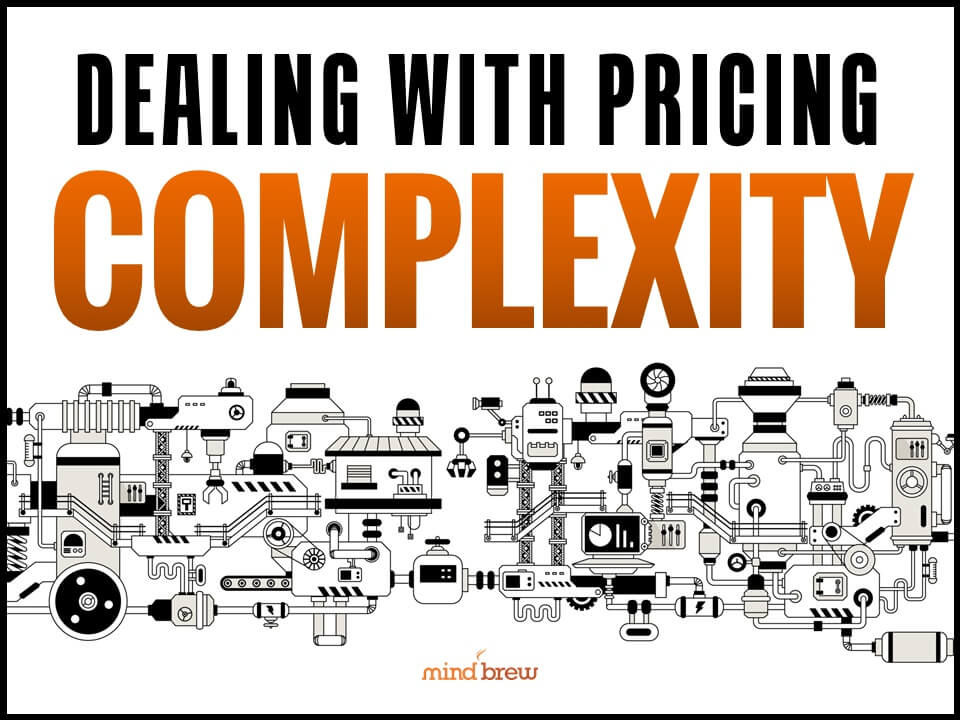Every business environment is full of opinions and pricing is certainly no exception. Opinions about pricing can flow freely from many departments—finance, sales, marketing… In fact, it’s a good bet that you’ve heard some of these recently:
- “I think the price for this product should be X.”
- “I’m sure this value driver is what customers care most about.”
- “I believe that these segmentation variables are most important.”
- “I don’t believe customers will accept this price increase.”
- “I think we have to lower prices to get more customers buying.”
Of course, there’s nothing wrong with having an opinion. Most great business ideas, products and success stories started with one. And everyone, rightfully so, believes they’re entitled to their opinion—no matter how loudly they’re spoken, how educated they may be or what level of the company they emerge from.
But at its core, an opinion is just a gut feeling of what what should be done and what will work. Unfortunately, left to themselves, they can be very problematic and risky…especially in pricing:
Sometimes pricing opinions carry great risk…
If a new product is priced incorrectly, an otherwise excellent product could fail in the market—flushing R&D dollars and potential revenue down with it.
Sometimes pricing opinions are self-fulfilling…
A belief that customers won’t accept a price increase will always come true if it’s never tested. How can you know? Maybe tons of margin was left on the table.
Sometimes pricing opinions are a false-positive…
An opinion that lower prices will get customers buying can often appear to be true. But what if there was another way to get them buying—without lower prices?
To take the risk out of pricing opinions, you need to be sure you see opinions for what they are—a starting point. They’re often ideal hypotheses to research, test and ultimately prove or disprove. It used to be that an educated opinion was just about all we had to go on in pricing. But that’s not the case anymore—now we have data and tools to test these opinions before we run the risk of putting them into the market.
So beware of pricing opinions. No matter how interesting and compelling they are—or who they’re coming from. Opinions are ultimately irrelevant.
But real data, research, and facts? Those are relevant.













